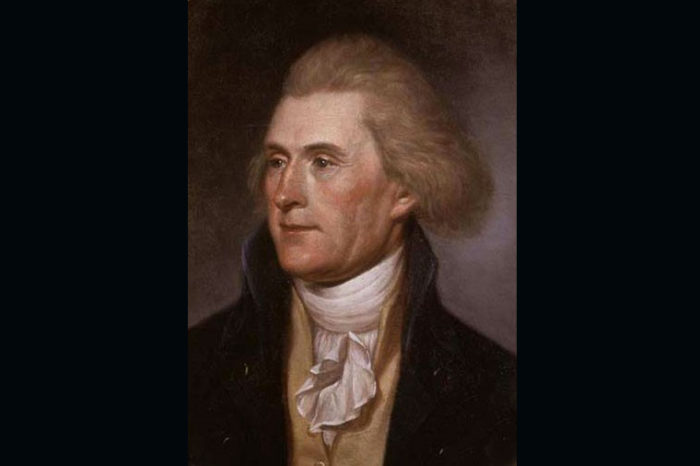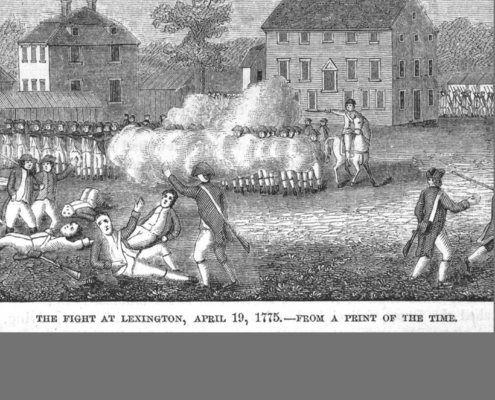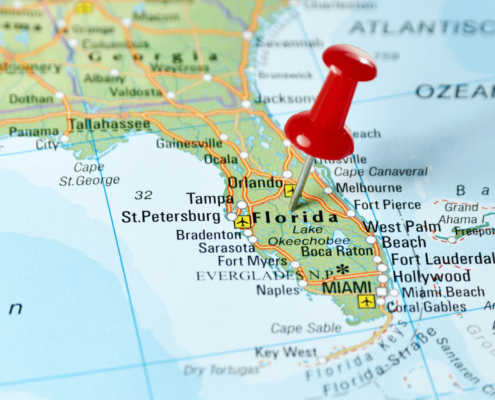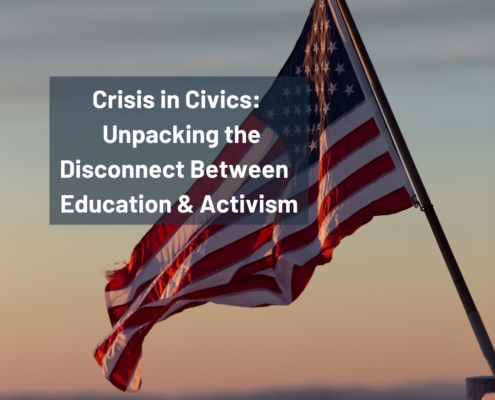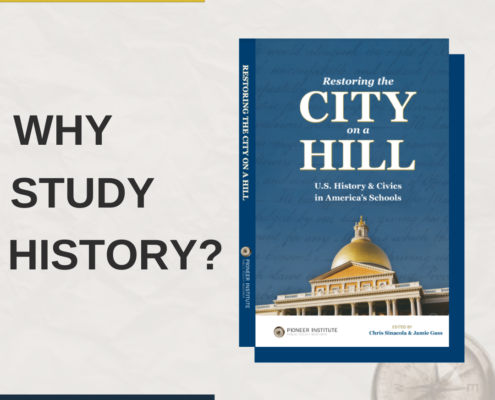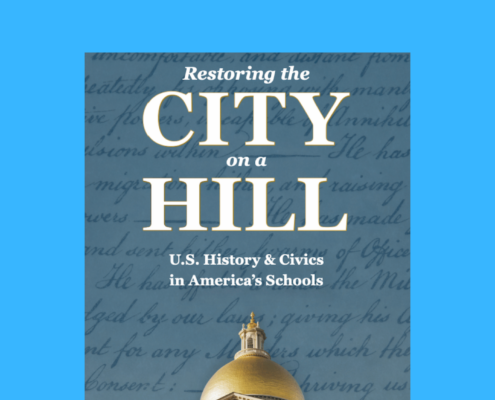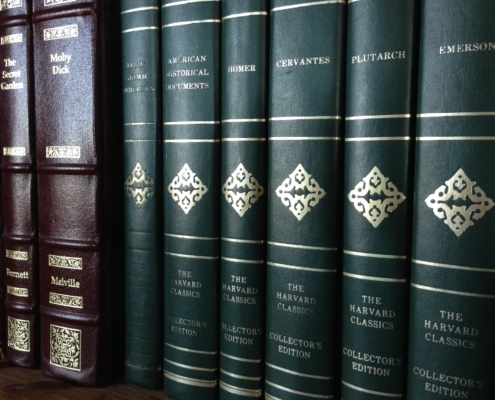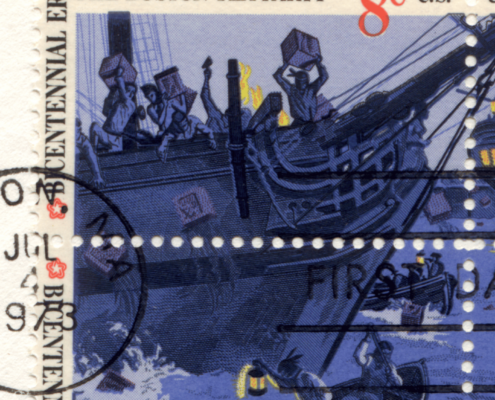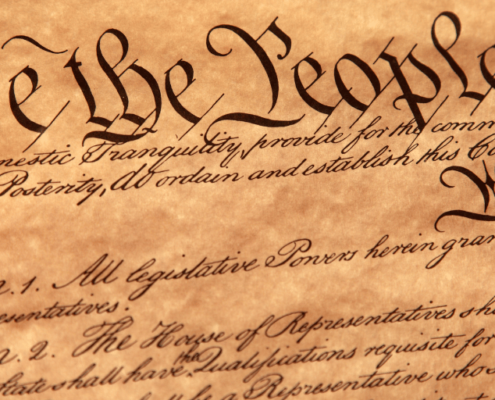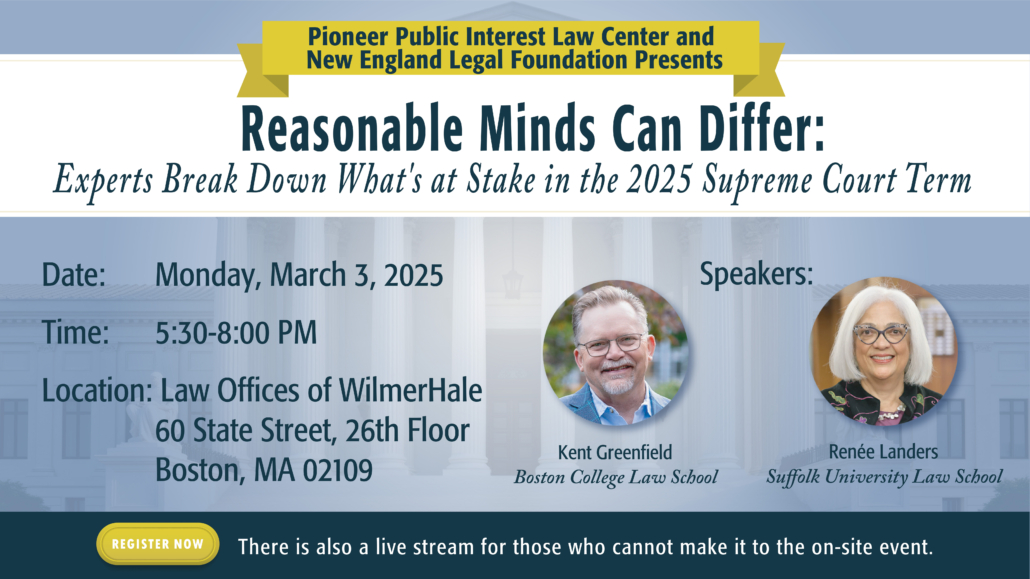Op-ed: Time is right to study Jefferson in our schools
By Jamie Gass and Will Fitzhugh
“Students of reading, writing, and common arithmetick . . . Graecian, Roman, English, and American history . . .,” Thomas Jefferson advised about democratic education, “should be able to guard the sacred deposit of the rights and liberties of their fellow citizens.”
Friday marks the 275th anniversary of Jefferson’s birthday. Given his world-changing achievements, this milestone is worthy of recognizing — and of being taught in our public schools. His contributions to the American civilization are incalculable; he was a revolutionary, statesman, diplomat, man-of-letters, scientist, architect, and apostle of liberty.
Rather than forcing a titan like Jefferson to conform to our era’s often Lilliputian-style narcissism, we should study history by entering the past with imagination and humility.
In drafting the Declaration of Independence, the most elegant and universally quoted political document in history, Jefferson displayed his greatest talents. He powerfully combined literary language and self-evident truths to shape the legal and political future of the United States.
Read more of this op-ed in your favorite news outlet: The Standard Times of New Bedford, The Berkshire Eagle, The Salem News, The MetroWest Daily News, The Providence Journal, and Gloucester Times, and The Daily Caller.
Get Updates On Our US History Initiative
Related Posts:

